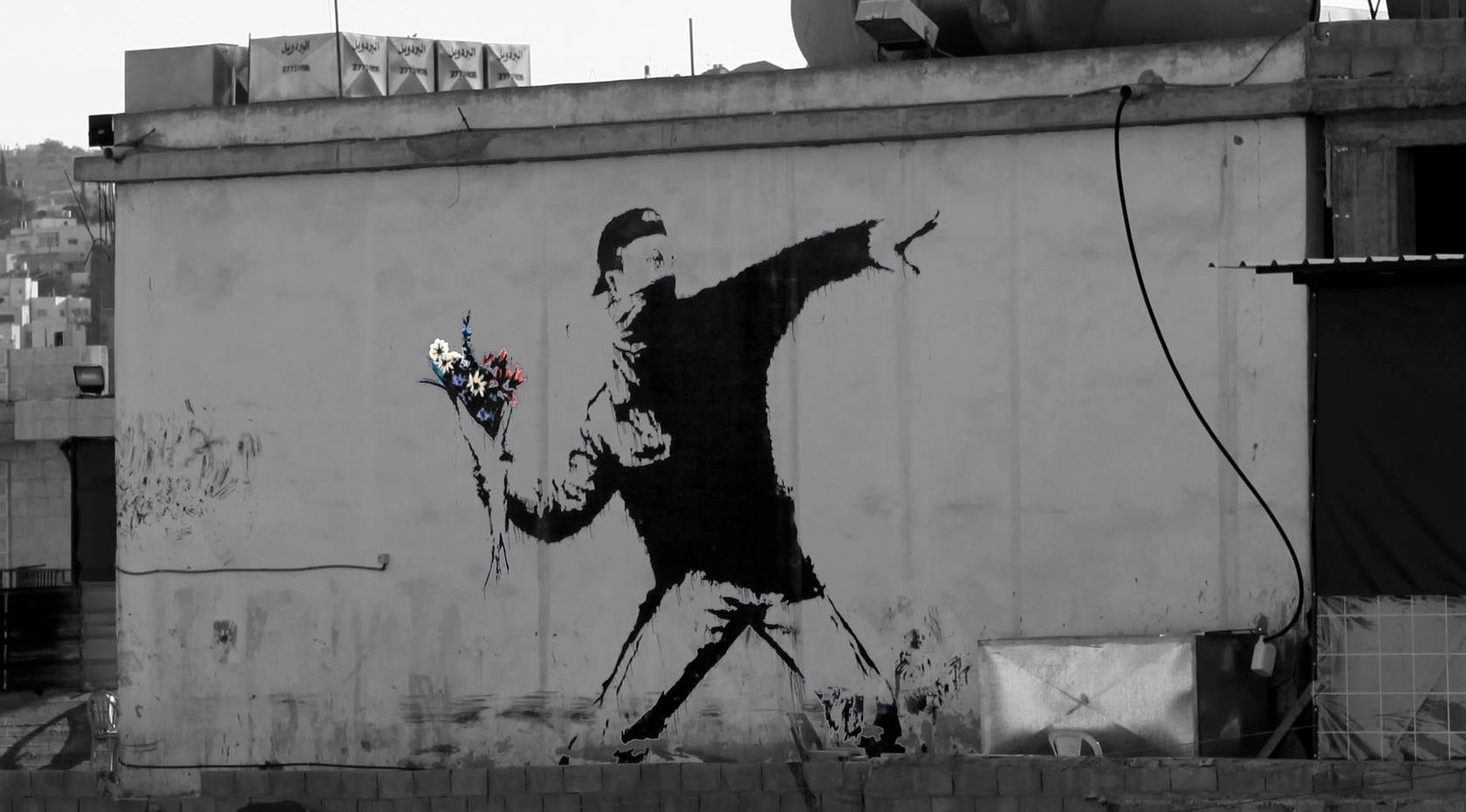The ability to resolve conflict is predominantly addressed through the prism of politics and power relationships. It rarely deals with why people behave in particular ways. Historical fears, traumas, and humiliations stand in the way of peacemaking. Conflict is more likely to be resolved when you place the geopolitical complexities in a bed of human relationships. States of mind cannot be turned around overnight but respecting and treating people with dignity and giving them hope is a necessary place to begin.
The current military paradigm in the Palestine-Israel conflict does nothing to address the underlying causes of the conflict. Communication on both sides is violent, and there is a significant power asymmetry. Israel has one of the most powerful militaries in the world, contrasting with Hamas and its homemade weapons. This has created vast inequalities of suffering and disturbed all sides’ hardened states of mind, which made peacemaking ever more elusive.
People are not born violent, they become violent. We may see this as failed communication that reflects a great deal of pain, powerlessness, and humiliation. There is much evidence on the links between humiliation and violence and why marginalized communities resort to violence. When there are no legitimate means of being heard and people are excluded from access to power and resources, they are more likely to seek ways to express themselves through the politics of resistance, revolt, or violence.
How we see ourselves and create our identity is shaped by our past and has been passed down by previous generations. These stories have often been communicated with our mother’s milk, from our community, religious leaders, grandparents, teachers, and important figures in our lives. While growing up and learning their identity in Gaza, many children learn of the expulsion from their homes in Israel. The child forms deep attachments to the family’s history and sense of displacement. For those living in conflict, some would rather kill or die than be disloyal to these primary identities. In the case of some Gazans, it may involve betraying a grandparent who left their homeland in 1948, which is further compounded by continuous attacks by Israel affirming the earlier trauma.
What would a human security and not military security approach look like? It would involve an integration of addressing the psychological issues, states of mind and the history of the trauma. However, none of this can be addressed without an underbelly of security. Economic regeneration, a long-term ceasefire, and a psychic state of mind that carries hope would all be part of a different approach.
The economic future does not have to be bleak, with a highly educated population and one of the lowest illiteracy levels in the world. Gaza has a beautiful coastline onto the Mediterranean Sea, and could become a tourist hub. There is gas on its coastal shelf and plenty of sun for solar power, and investments could take place and benefit all Gazans. New desalination projects, sewage plants, and airport rebuilding would all be part of a better future.
Economic regeneration would only be sustainable where the cycles of violence are broken. In 2017, Hamas issued a policy document that stopped short of Israel’s official recognition but accepted a Palestinian state, including the Gaza Strip and the West Bank, with a capital city in East Jerusalem. They have called for a long-term ceasefire known as a “Hudna”. Israelis remain cynical about the sincerity of both proposals. Behind the scenes, backchannels are needed to explore whether these are serious options and whether they could address the security concerns of both sides.
Many Gazans’ complete loss of hope and despair has led to the March of Return, where Gazans are calling to return to their ancestral homeland pre-1948. These demands will intensify and not go away until conditions improve, hope is installed, and there is an opportunity for a more dignified and secure future. None of this has to be an idealistic dream but should be grounded in hardcore pragmatism which is smart politics. The alternative is endless rounds of war and human suffering. Without hope we fall into fatalism, apathy and ill focused rage.


